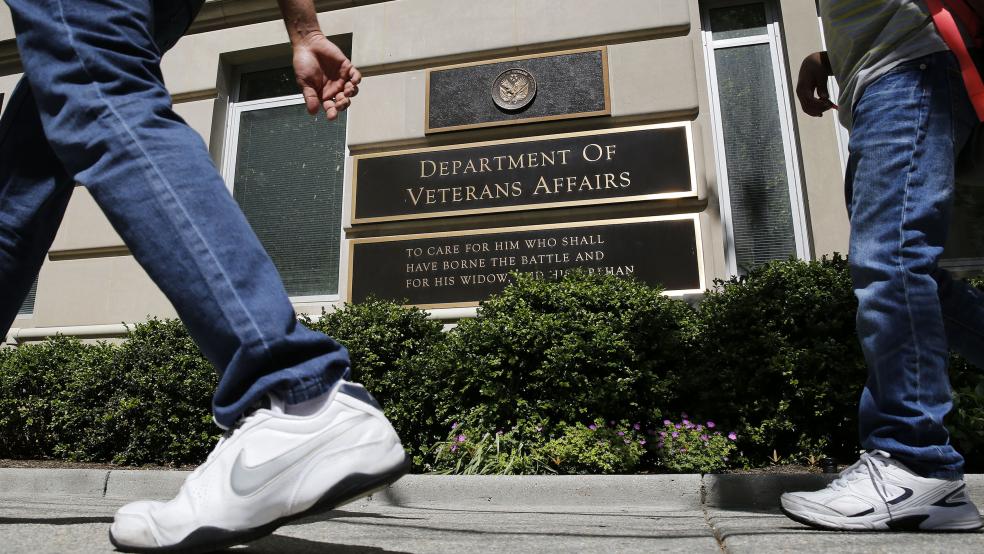Leaders of the Veterans Affairs committees in the U.S. Congress said on Monday they had struck a rare compromise deal on legislation that provides about $17 billion in funding to ease long waiting times for VA medical centers.
Senator Bernie Sanders, an independent, and Representative Jeff Miller, a Republican, said the figure marks about the halfway point between the competing proposals they announced last week. The compromise measure aims to clear months-long waiting lists at VA hospitals and clinics across the country. The agency has been rocked by scandal over cover-ups of these waiting times, prompting the resignation of VA Secretary Eric Shinseki in late May.
Related: The VA Scandal - What You Never Knew
In Phoenix, doctors have alleged that some 40 veterans died as their names languished on secret waiting lists while officials misrepresented wait-time data to meet targets for bonus compensation.
The Senate and House of Representatives responded by quickly passing similar measures to allow veterans access to private care. But there was no cost estimate at that time, and the legislation bogged down over the $35 billion price tag forecast by the Congressional Budget Office.
Sanders and Miller said about $12 billion of the $17 billion total will be provided as emergency funding, meaning that Congress can simply add it to the federal deficit and does not need to find any offsetting savings. "Funding for veterans needs must be considered a cost of war and appropriated as emergency spending," Sanders said, just as Iraq and Afghanistan war costs were funded in recent years. The other $5 billion would be offset by reallocating existing money within the VA's $154 billion annual budget.
Related: New Scandal at VA - Workers Hid and Shredded Benefits Claims
The measure allows veterans forced to wait more than 30 days for a VA medical appointment, or who live more than 40 miles (65 km) from a VA clinic, to seek private care at the department's expense. It allocates $10 billion for this purpose and another $5 billion to allow VA to hire more doctors and nurses.
It also provides more than $1.5 billion for the opening of 27 new VA medical clinics nationwide and potential other costs. Additional costs needed over the private care initiative's three-year lifespan would need to be handled through the annual appropriations bills for the department, Miller and Sanders said.
The bill also provides the VA secretary with more authority to fire employees responsible for misrepresenting wait-time data and for poor performance. To date, no one at the VA has been dismissed over the scandal, though some executives have been suspended.
Congress will need to move quickly on the Sanders-Miller deal, as lawmakers are due to start a five-week summer recess on Friday. House Speaker John Boehner has agreed to bring the VA legislation to a House vote this week, Miller said. He added that he believes he can "sell" the funding deal to Republicans who control the House, where measures that increase spending are often difficult to pass.
"There will be an education process that will have to take place," Miller added. "Obviously, some of our members will need a little more educating than others."



